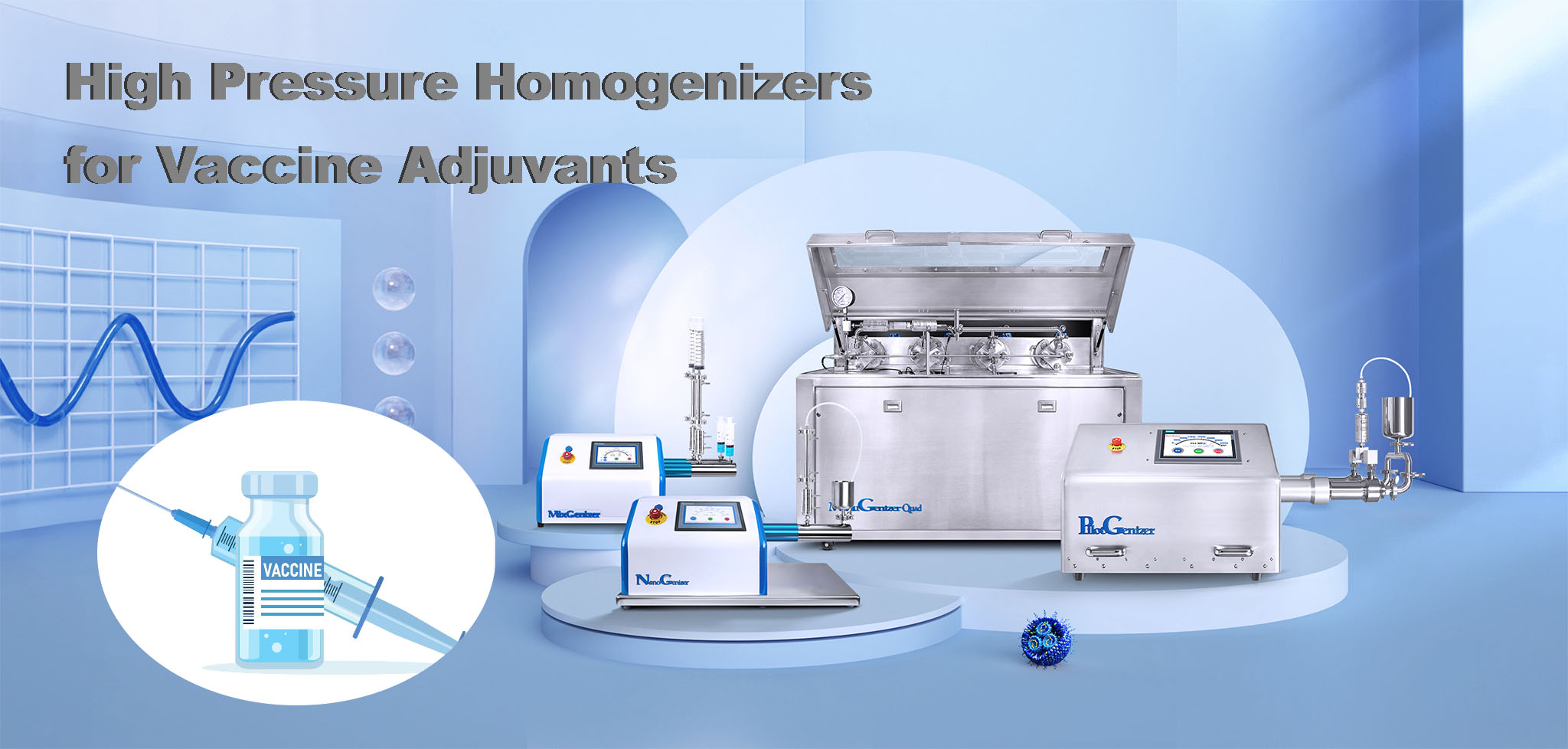
High Pressure Microfluidic Homogenization for Vaccine Adjuvant Preparation: Boosting Vaccine Effectiveness
What Is High Pressure Microfluidic Homogenization? High pressure microfluidic homogenization is an advanced processing technique used in pharmaceutical manufacturing to produce vaccine adjuvants with highly precise particle size and uniform distribution. By forcing liquid formulations through micro-channels at ultra-high pressuresí¬often reaching tens of thousands of pounds per square inch (psi)í¬this technology breaks down particles to the nanoscale, typically between 20 and 200 nanometers. The result is a stable nanoemulsion or suspension with consistent characteristics critical for vaccine performance.
Why Is Particle Size Critical in Vaccine Adjuvants? Particle size directly influences how well a vaccine adjuvant activates the immune system. Nano-sized adjuvants are small enough to be efficiently taken up by antigen-presenting cells, such as dendritic cells and macrophages, improving antigen presentation and stimulating a stronger immune response. Uniform particle size distribution ensures reproducibility and effectiveness across vaccine batches, which is vital for regulatory approval and patient safety.
Key Benefits of Using Microfluidic Homogenization for Vaccine Adjuvants
Consistent Nanoemulsions and Suspensions: Achieves uniform particle sizes for enhanced formulation stability.
Improved Immune Activation: Smaller, well-dispersed particles boost antigen uptake by immune cells.
Extended Shelf Life and Stability: Increases physical and chemical stability, reducing the risk of phase separation or degradation.
Reduced Cold-Chain Dependence: Stable nanoemulsions lessen refrigeration needs, facilitating global vaccine distribution.
Scalable Production: Efficiently scalable from lab-scale development to large-scale commercial manufacturing.
Applications Across Vaccine Adjuvant Types High pressure microfluidic homogenization supports a wide range of vaccine adjuvants, including traditional aluminum-based salts and modern oil-in-water nanoemulsions such as MF59 and AS03. These adjuvants improve immunogenicity in vaccines for influenza, COVID-19, and other infectious diseases. The precise control of processing parameters enables manufacturers to meet stringent quality and regulatory standards required by global health authorities.
Why Pharmaceutical Companies Prefer This Technology With growing demand for safe, effective, and stable vaccines, high pressure microfluidic homogenization has become an essential tool in adjuvant preparation. It offers reproducibility, high throughput, and superior control over particle characteristics, all of which contribute to enhanced vaccine efficacy and patient outcomes. As vaccine development accelerates, this technology supports innovation by enabling the production of next-generation vaccines with improved immune responses and broader protection.












